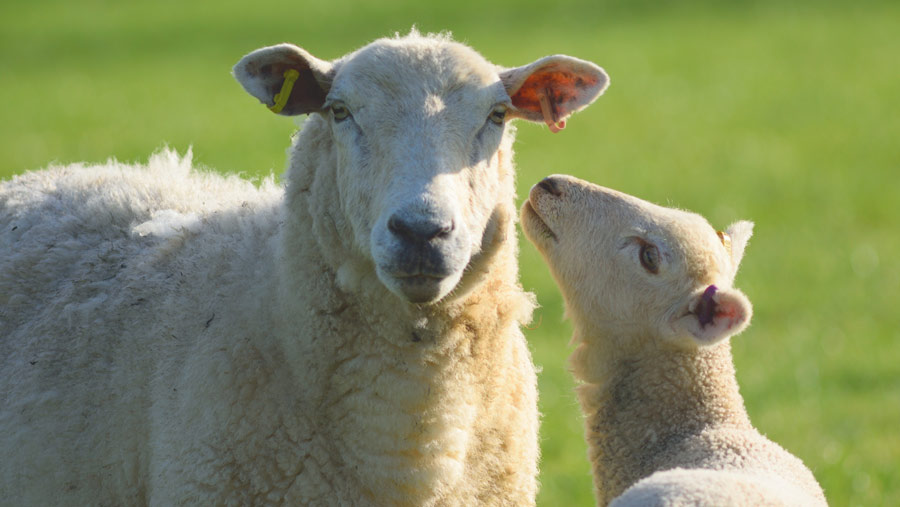Livestock farmers reminded of new export forms from December
 © Savo Ilic/Adobe Stock
© Savo Ilic/Adobe Stock Livestock farmers will need to join a farm assurance scheme or ask a vet to vouch for the health status of their animals once a year as the EU tightens up export rules.
From 13 December 2023, farmers must have independent evidence that their farm is free from notifiable diseases and has a good standard of disease control.
Currently, a farmer’s own declaration is sufficient, but the EU is now stepping up safeguards on meat destined for the food chain in its member states.
See also: UK government drops bill to end live animal exports
To permit future export sales, membership of a farm assurance scheme, such as Red Tractor, Quality Meat Scotland, Farm Assured Welsh Livestock Beef and Lamb Scheme and Welsh Lamb and Beef Producers, will be needed.
Alternatively, farmers must have signed verification of their farm’s health and welfare by an official veterinarian.
The cost of this could be covered by the government-backed livestock health initiatives, such as the Animal Health and Welfare Pathway in England.
For example, if a farmer applies successfully to the “vet visits” scheme under the pathway, the visit will count for export purposes.
All must comply
The National Sheep Association (NSA) said all farmers who produce animals for slaughter must comply, because some parts of all animals slaughtered in the UK are exported to the EU.
NSA chief executive Phil Stocker believes the rule change is also likely to affect those whose sales are limited to breeding or store lambs.
“It’s most important that farms have the attestation in advance of December, or when they first start selling after that date,” he said.
The scheme applies to the last farm that the animal is at prior to going to the abattoir.
But even if the bulk of a farm’s stock are not directly sold to supply slaughter, if a single animal is sent for slaughter an attestation is needed.
The industry is urging Defra to use existing electronic systems to support the new requirements.
